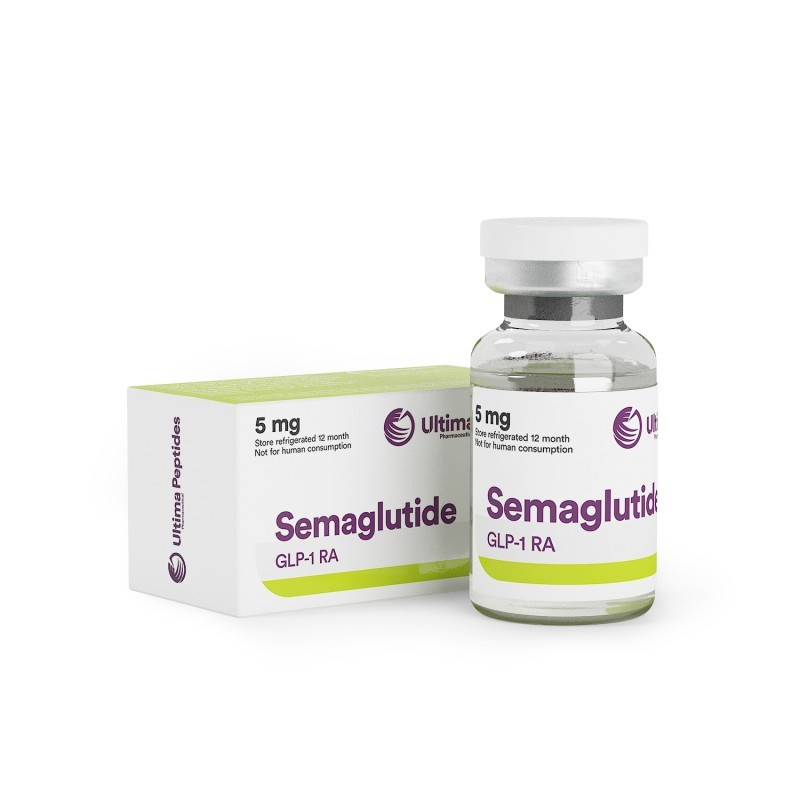


Glucagon-like peptide-1 (GLP-1) is a hormone produced by intestinal L-cells in response to food intake. This incretin hormone is crucial for managing blood glucose, as it enhances insulin secretion only when glucose levels rise, supporting efficient glucose metabolism and energy balance. GLP-1 plays a broader role beyond glucose regulation, as it impacts appetite, inflammation, and cardiovascular health. Studies have highlighted GLP-1's anti-inflammatory properties, showing its potential to benefit conditions like type 2 diabetes, obesity, and heart disease. GLP-1’s effects occur through the GLP-1 receptor, found in tissues including the pancreas, brain, and cardiovascular system, initiating pathways that maintain beta-cell health and metabolic balance.
Mehdi, S.F., Pusapati, S., Anwar, M.S., Lohana, D., Kumar, P., Nandula, S.A., Nawaz, F.K., Tracey, K., Yang, H., LeRoith, D., Brownstein, M.J. and Roth, J., 2023. Glucagon-like peptide-1: a multi-faceted anti-inflammatory agent. Frontiers in Immunology
Disclaimer: Information provided it this page is for general information only and does not substitute for professional medical advice.
For detailed information about Ultima-Semaglutide by Ultima Pharmaceuticals, consult with your doctor or healthcare professional.


Mehdi, S.F., Pusapati, S., Anwar, M.S., Lohana, D., Kumar, P., Nandula, S.A., Nawaz, F.K., Tracey, K., Yang, H., LeRoith, D., Brownstein, M.J. and Roth, J., 2023. Glucagon-like peptide-1: a multi-faceted anti-inflammatory agent. Frontiers in Immunology

Mehdi, S.F., Pusapati, S., Anwar, M.S., Lohana, D., Kumar, P., Nandula, S.A., Nawaz, F.K., Tracey, K., Yang, H., LeRoith, D., Brownstein, M.J. and Roth, J., 2023. Glucagon-like peptide-1: a multi-faceted anti-inflammatory agent. Frontiers in Immunology

Mehdi, S.F., Pusapati, S., Anwar, M.S., Lohana, D., Kumar, P., Nandula, S.A., Nawaz, F.K., Tracey, K., Yang, H., LeRoith, D., Brownstein, M.J. and Roth, J., 2023. Glucagon-like peptide-1: a multi-faceted anti-inflammatory agent. Frontiers in Immunology